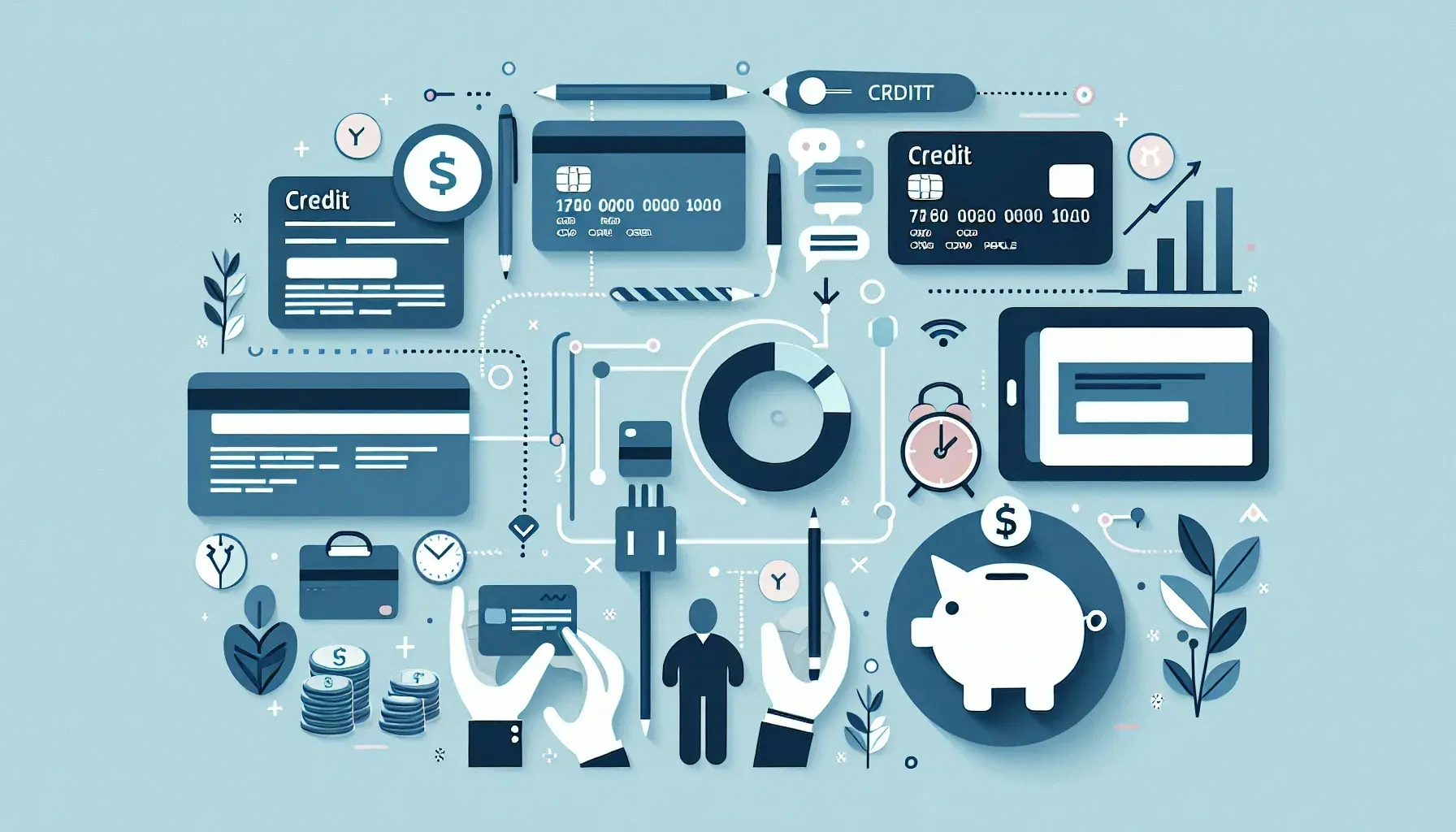In the world of personal finance, your credit limit plays a crucial role. It can impact your purchasing power, credit score, and financial flexibility. This blog post aims to guide you through the process of increasing your credit limit, providing you with practical steps and expert advice. Let's delve into the world of credit limits and explore how you can elevate yours.
Understanding Your Credit Limit
A credit limit is the maximum amount that a lender allows you to borrow on a credit card or line of credit. It's determined by various factors, including your credit history, income, and the lender's policies.
Before you start the journey to increase your credit limit, it's essential to understand why it matters. A higher credit limit can provide you with more financial flexibility and potentially improve your credit score. It can lower your credit utilization ratio, which is a key factor in credit scoring models.
However, a higher credit limit also comes with increased responsibility. It's essential to manage your credit wisely and avoid overspending, which can lead to debt and negatively impact your credit score.
Assessing Your Current Financial Situation
The first step towards increasing your credit limit is assessing your current financial situation. Lenders will look at your income, debt, and payment history when considering your request for a higher credit limit.
Start by reviewing your income and expenses. A steady income and low expenses can indicate to lenders that you're capable of handling a higher credit limit.
Next, consider your current debt. If you're carrying a high amount of debt, lenders may be hesitant to increase your credit limit. It's advisable to pay down your debt before requesting a higher limit.
Lastly, review your payment history. Consistent, on-time payments show lenders that you're a responsible borrower. If you've had late payments in the past, work on improving your payment habits before requesting a credit limit increase.
Improving Your Credit Score
Your credit score is a key factor that lenders consider when determining your credit limit. A higher credit score can increase your chances of getting a higher credit limit.
There are several ways to improve your credit score. Paying your bills on time, keeping your credit utilization low, and maintaining a mix of credit types can all contribute to a higher score.
It's also important to regularly check your credit report for errors. Incorrect information on your report can negatively impact your score. If you find any errors, dispute them with the credit bureaus to have them corrected.
Requesting a Credit Limit Increase
Once you've assessed your financial situation and worked on improving your credit score, you're ready to request a credit limit increase.
You can typically request a credit limit increase online or over the phone. When making your request, be prepared to provide information about your income and expenses.
Remember, it's important to be realistic when requesting a credit limit increase. Requesting a significant increase without a corresponding increase in income or improvement in your credit score may result in a denial.
Dealing with a Credit Limit Increase Denial
If your request for a credit limit increase is denied, don't be discouraged. Lenders are typically required to provide a reason for the denial, which can provide valuable insight into what you need to improve.
Use this feedback to make necessary changes. If your income was too low, consider ways to increase it. If your credit score was the issue, focus on improving it.
After making improvements, you can typically request another credit limit increase after six months.
Maintaining a Higher Credit Limit
Once you've achieved a higher credit limit, it's important to maintain it. This involves responsible credit use and good financial habits.
Keep your credit utilization low, even with a higher limit. A good rule of thumb is to use no more than 30% of your available credit.
Continue to make your payments on time. Late payments can result in a lower credit limit or other penalties.
Monitor your credit regularly to ensure your credit limit hasn't been decreased. If it has, contact your lender to find out why and what you can do to get it back.
Elevating Your Credit Limit: The Takeaway
Increasing your credit limit can provide financial flexibility and potentially improve your credit score. However, it requires careful planning, responsible credit use, and good financial habits. By understanding your credit limit, assessing your financial situation, improving your credit score, and responsibly requesting and maintaining a higher limit, you can elevate your credit limit and enhance your financial health.

